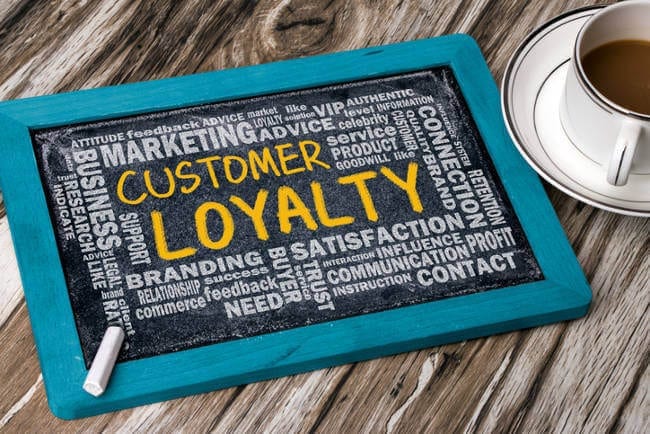Like so many generations before them, millennials are often portrayed with sweeping generalizations that don’t reflect who they truly are. Businesses who buy into these oversimplifications have a tough time marketing to millennials. Here are some common reasons why.
What goes wrong for Brands who are Marketing to Millennials?
They’re Out-of-Touch
It’s painfully obvious when brands try to capitalize on the latest memes or cultural movements in pathetic attempts to be relatable to their audience. And the results are never pretty.
Brands can recover from misusing generational slang or memes, but it makes them look pretty foolish.
Take Twitter’s #WorldEmojiDay poll as an example. Their talk of “keeping it 100” and “upping your emoji game” is a clear, cringe-worthy appeal to Twitter’s younger audience. The replies to the tweet speak for themselves.
Always keeping it 💯.
Which emoji would up your Twitter game? The winner will be unveiled on Monday for #WorldEmojiDay.
— Twitter (@Twitter) July 13, 2017
Their Marketing is Overly Promotional
Millennials are virtually immune to traditional advertising methods. They don’t respond to ads that tell say “Buy this product!”
Rather, they prefer compelling stories that create personal connections. By placing a their core values front and center, brands seem more like agents who are mindful of their real-world influence rather than corporate entities focused solely on selling.
They don’t Focus on Earning Customer Loyalty
Millennials have been falsely labeled as brand disloyal, meaning they’ll rarely buy from the same company repeatedly. The truth is, they’re the most brand loyal generation ever. The hard part is capturing their faithfulness in the first place.
Their loyalty can be earned through great products or services mixed with effective storytelling, as mentioned above.
Consider Patagonia. Their marketing efforts almost always relate back to their core mission, which is to manufacture environmentally-sustainable, high-quality clothing. As a result, the company is thriving financially (although Patagonia executives actually place limitations on the company’s growth to minimize its negative impact on the environment).

They haven’t Optimized for Mobile
It’s true that smartphones play a huge role in millennials lives (and the lives of pretty much every other American, for that matter). They expect instant gratification, whether they’re doing research or making a purchase.
That means if your website or marketing collateral is not properly mobile optimized, you may alienate your millennial audience and lose their business.
They don’t have Diverse Content Formats
Successful content marketing to millennials is all about diversification, because they consume media in a variety of ways.
Studies show that up to 80 percent of millennials consider watching branded videos when researching a purchase decision. However, a large portion still prefer written content such as blogs and newsletters.
Offering several different formats will enrich your content marketing strategy by ensuring millennials will have something that suits their needs, whatever their personal preference may be.
Marketing to millennials really isn’t rocket science. With a little bit of authenticity and content optimization, your business can do it too!


